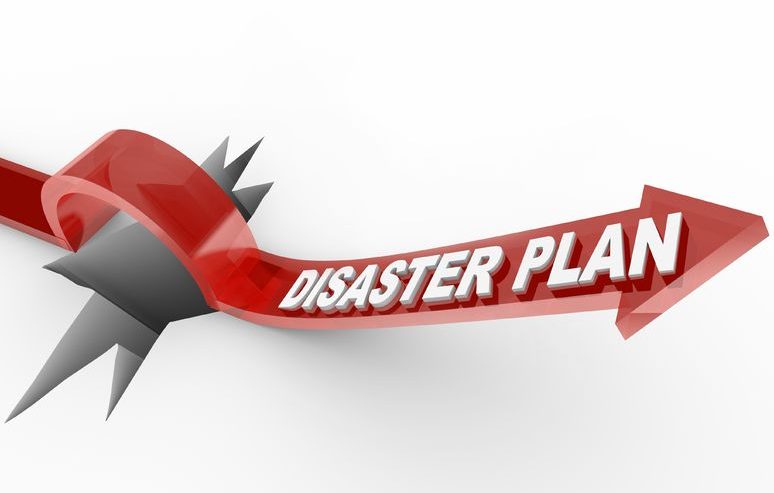The Right Steps to Take When There’s a Water Heater Disaster
Although you may not realize it, your water heater is possibly the most important piece of equipment that you have in your home. Water heaters store and heat water for personal use. Water heater maintenance is key to preventing and resolving issues that arise with your system. If you notice a problem with your water heater, it’s best to correct the problem before it spirals out of control and costs you big money. With a little knowledge at your disposal, you can react to a water heater disaster before it gets out of control and blows a hole in your wallet.
Identify the Water Heater
All water heaters are not created equal, making important to know the type of water heater that you have in your home.
The three most common types of water heater are tank, electric and fuel fired water heaters. Fuel-fired water heaters use gas or oil to power the system; tank water heaters have pipes that connect the top of the tank to the water source; an electric water heater uses a circuit that connects to a thermostat to heat the water.
Whatever problem you’re facing will be directly tied to the specific type of water you have, as well as how it operates. By knowing which type of water heater that you have in your home, you will be more easily able to identify what is causing your current problem.
Shut off the Water
Before attempting any repairs, the first thing that you need to do is to completely turn off the water supply. Locate the valve that delivers water to your heater and shut it down. Every water heater has a valve that connects it to the main waterline. Shutting off the supply will allow work with the heater without any hassle and will prevent any further water damage to your home.
Stop the Power
Gas or electricity is necessary to operate all water heaters. If your water heater bursts, this can create a gas leak or an electric fire. You must turn off the gas and electricity to prevent these disasters from occurring. Locate your circuit breaker and power off the water heater breaker. For gas powered heaters, turn off the gas line connected to the heater. Vacate the residence to prevent any contact with natural gas.
Clean Up
When you’ve done everything in your power to prevent further damage to your home after a water heater disaster, you now need to move on to clean up. Water damage can seriously damage the overall health of your home, making removing excess moisture your primary goal. For standing water, a towel or mop will usually suffice, although you may also need to use a wet-dry vacuum if the moisture has been allowed to sit for to long. Cleaning up as soon as you can after a water disaster can help mitigate the effects and make it easier for you move forward.
Avoid a Water Heater Disaster
Having a problem with your water heater can be one of the most difficult, stressful times of you life, particularly when it’s unexpected. To avoid a water heater disaster and save yourself a great deal of hassle, not to mention money, you should make sure to schedule regular maintenance. Periodic maintenance will ensure that your heater lasts well into the future and will give you peace of mind.





Comments
Comments are disabled for this post